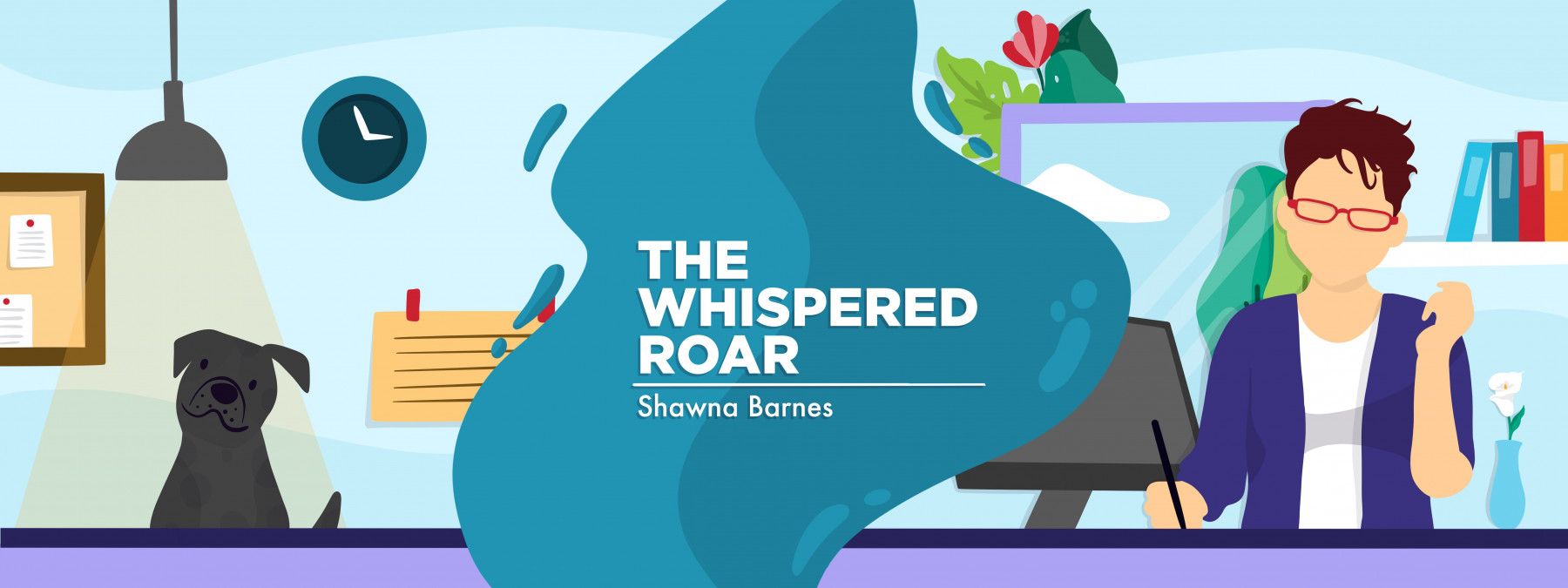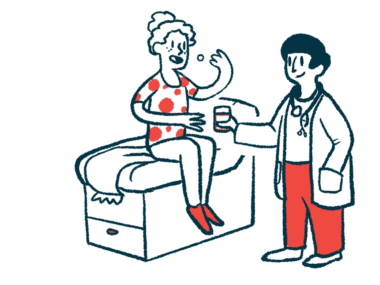My son speaks out on living with his mom’s myasthenia gravis
Growing up with anxiety, bullying by peers — and some 'big growth moments'
Written by |

Last month, when my son, Caden Degen, turned 21, I celebrated it publicly by acknowledging my perspective on what it was like for him growing up, given my myasthenia gravis (MG). This month, he wanted to share his own thoughts, so we communicated via email and phone conversations for this interview.
I hope Caden’s words (lightly edited) bring some truth, hope, and understanding to others as he explains his experience growing up with me and my MG.
SB: What was it like for you growing up with a mom who had significant health issues?
CD: Growing up with a parent who has significant health issues definitely has its struggles. What most people don’t talk about are the benefits. Some of the struggles include the most obvious ones, like bullying, not having parents be able to attend sports or other activities, not being able to go to activities because you need to help take care of the house or parent, and the crippling anxiety and fear of the parent dying.
Not lastly, but the last I will touch on, is that it forces you to grow up much quicker than most of your peers, which tends to alienate you in this society.
I’ve been in many fights because someone was making fun of my mom being in a wheelchair and I stood up for her. I missed opportunities to make friends or hang out with people because I was scared to leave my mother in case she had a health emergency and needed me to help out around the house or take care of her.
It’s not all bad, though. A lot of good came out of being in that situation. Personally, I think the good far outweighs the bad if you’re the type of person who can handle stress. I learned at a young age how to take care of a house. I could do laundry, dishes, clean the house, mow the lawn, these types of actions by the time I was 10-12. (I can’t remember exactly when. … That also doesn’t mean I did the chores. … I just knew how to.) I became a much more empathic person toward others.
I learned not to judge a book by its cover, how to overcome obstacles others deem impossible, how to handle stress and not let it ruin you, and how to stay calm in crisis situations. But most of all, I learned to be kind to all because you never know who’s having a really bad day and just needs that little bit of light in their life.
What was the hardest part of having a mom with myasthenia gravis?
I genuinely don’t know. We didn’t know what was wrong with my mother until I was a sophomore in high school, and we still didn’t get a confirmed diagnosis until I was a junior. So for me personally, it was the unknown. Not knowing what was wrong made it so every possibility was just that: a possibility. I couldn’t rule anything out.
Once we knew what was wrong, it made it much easier to deal with because I knew what to do when things weren’t going well since I could just look it up.
What advice do you have for other kids who have a parent with MG?
Do your research so you know what to do when things go wrong or your parent is having a bad symptom day. But be a … kid. Don’t do what I did; it does absolutely no good. It’s not going to change anything if you worry, not to mention [that] seeing their child happy is all parents want, so it might even help to lessen whatever pain the parent may be in, whether that’s emotional, mental, or physical.
Don’t resent your parent for the struggles you have because of their condition. Without those struggles, you don’t get to overcome them, which means you don’t get those big growth moments that shape your childhood.
Most of all, though, learn how to give massages. Not only will your parent thank you for it, but so will your future significant other.
What advice do you have for parents with MG trying to raise a kid?
Don’t hide your illness from your child to try to protect them. It will create resentment. Kids are smarter than you think and know when something’s off. You hiding it will make them resent you.
Don’t hide the bad days from your kids. One reason I’m no longer flustered in stressful situations is because I saw my mother on the bad days and learned how to handle myself during them. I was able to transfer that skill to much more traumatic experiences.
Understand that regardless of what you say, they will worry. When you’re rushed to the ER for whatever reason (which will happen), know your kid is going to be up all night until you get home. Make sure, if you’re unable to, [that] your partner goes and talks to them to reassure them you are OK and made it home safe.
Note: Myasthenia Gravis News is strictly a news and information website about the disease. It does not provide medical advice, diagnosis, or treatment. This content is not intended to be a substitute for professional medical advice, diagnosis, or treatment. Always seek the advice of your physician or other qualified health provider with any questions you may have regarding a medical condition. Never disregard professional medical advice or delay in seeking it because of something you have read on this website. The opinions expressed in this column are not those of Myasthenia Gravis News or its parent company, Bionews, and are intended to spark discussion about issues pertaining to myasthenia gravis.




Debbie Butler
Thanks so much for this wonderful letter from this young man. My son was a senior in High School when I was diagnosed. I was lucky and was diagnosed within a week and put on medication. I had double vision for six months and the day he was to graduate my vision came back to normal. I was diagnosed 30 years ago and my son was and still is wonderful and and worries about me. We now live 360 miles from each other, but we are still very close.
Shawna Barnes
Hey Debbie - I'm glad this piece resonated with you! Caden lives about 200 miles away but we talk almost daily. I'm glad to hear that you and your son have a close relationship. - Shawna